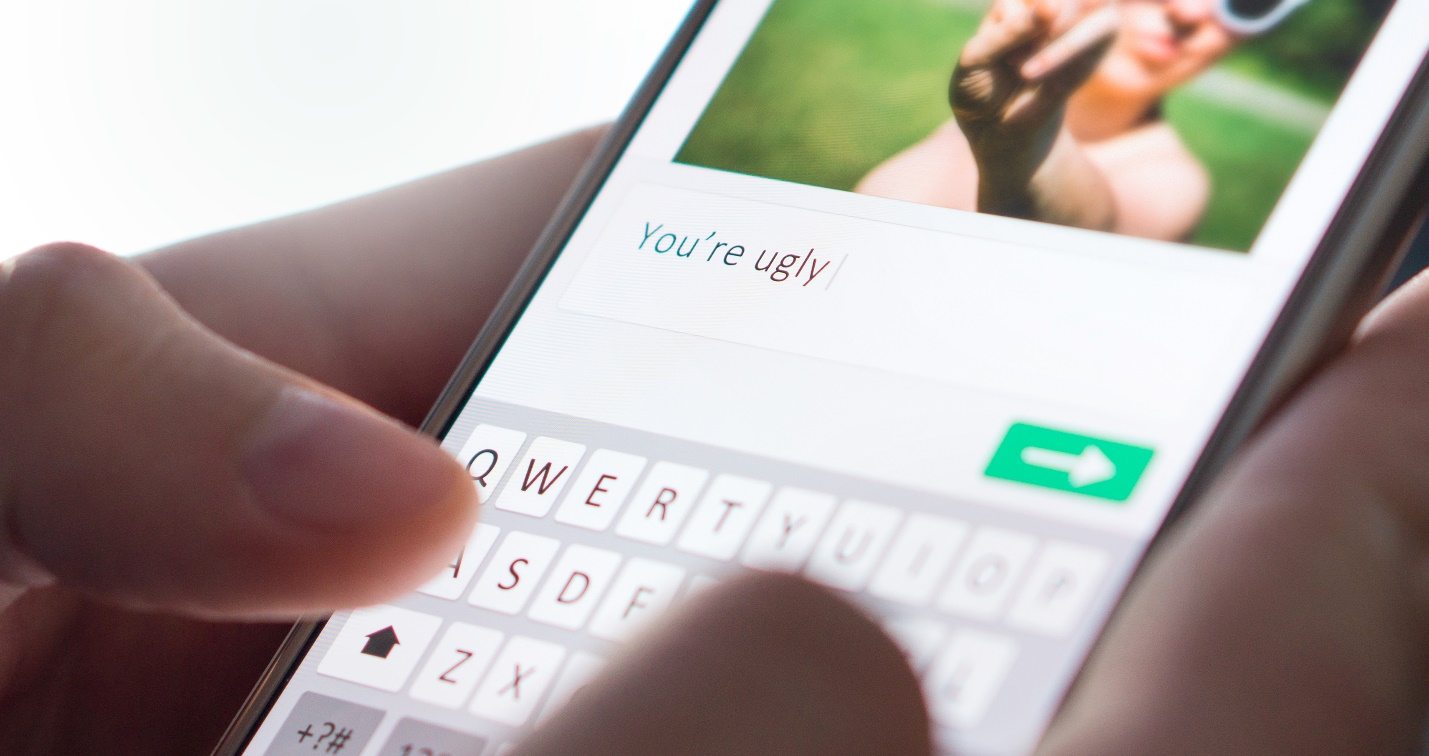The internet and social media sites allow us to communicate easily and freely. We can share what is going on with our children, our recent vacation, a promotion at work, and other fun and exciting information. However, when it comes to social media and personal injury claims, your posts could hurt your case.
Let’s take a look at several important things you need to know about social media and how these could affect your personal injury lawsuit.
- Social Media Posts Are Not Private
Regardless of what you might think, anything you post online on a public social media site is not private. Even though there are tools you can enable to limit who sees your posts, these are not entirely secure or fool-proof. Personal injury lawyers could also subpoena your posts if they feel they can help their client’s defense to your claims.
For instance, you post a picture of you and a group of friends having a fun night on the town. In the picture, you tag your friends. You enable tools and settings so the post can just be viewed by those tagged.
However, your friends do not have the same settings and any tagged posts show up on their newsfeed and can be seen by anyone. As a result, the defendant’s lawyer could potentially see the picture, and then submit it as evidence against your claim of pain and suffering.
- Do Not Use Social Media to “Vent” About Your Injuries

Social media is the modern way for people to “vent” when they are upset or angry or they have been injured. They will write posts about how bad they feel, how their injuries are affecting their livelihood, and so on. Furthermore, if you were bashing the defendant and making derogatory comments about him or her, these could also be used against you.
While this might make you feel better on an emotional level, just remember that anything you post could come back and haunt you later during your settlement negotiations and during trial. If you need to vent, it is best to talk to your New York personal injury lawyer, as these conversations are confidential.
- Do Not Use Social Media to Harass the Defendant
Everyone makes mistakes—we are all human. Sometimes these mistakes do result in causing personal injuries to another as a result of negligence. Yet, publically shaming someone on social media because they caused you injury can be viewed as a form of harassment.

In the digital age, online harassment is also viewed as a type of stalking. You could easily hurt your case and potentially face your own legal problems. Additionally, do not ask your friends to harass the defendant, as their posts could equally hurt your case.
- Do Report Harassing and Derogatory Posts by the Defendant
If the defendant is using social media to harass you or is making derogatory comments about you, you need to let your NY personal injury lawyer know about these. Just like you, the defendant can equally be held accountable for his or her posts on social media.
It is okay to print the posts or take a screen capture of them. However, under no circumstances should you respond to the posts. The last thing you need to do is end up in an online argument with the defendant that could damage your case.
- Do Stop Posting on Social Media Until Your Case Is Resolved
It is always in your best interests to never discuss any aspects of your accident, personal injuries, or information about your case on social media. You should speak to friends and family members face to face or over the telephone and request they also do not post anything about your accident and injuries online.
While it is highly recommended to take pictures on your smartphone of the accident scene and your injuries, just make sure these do not end up on social media. Even though your intentions might be to share these with friends and family, the defense could misconstrue them and use them against you.
Potential Consequences of Social Media Posts

Now that you have a better understanding of how social media and personal injury claims can be affected, let’s look at some different types of posts and the potential consequences if they are used against you.
- Post-injury images showing a lot of physical activities like fitness training, running, jogging, hiking, and so on. The defendant’s lawyer could question the extent of your injuries and whether they are being grossly exaggerated. While your healthcare providers may recommend physical therapy and physical activities as part of your rehab, don’t take pictures and post them on social media.
- Excessive posts accompanied by images about what you are doing, where you are at, etc. For instance, vacation posts or posts showing you having fun or attending a party are all things that will be used against you. Even dining out numerous times a week could be misconstrued by the defense. They could use these types of posts to demonstrate to the court and jury that the extent of your injuries is not as severe as you implied.

- Posts with pictures of you smiling, laughing, or having fun. In one case, a picture of a plaintiff laughing and smiling at a child’s birthday party was presented by the defense as a means to attempt to discredit her claim that her injuries had interfered with her day-to-day routines.
- Derogatory posts that are directed at the defendant. The defense will argue the credibility of the plaintiff’s claim of his or her injuries and if they are really the victim in the case. In some cases, the defendant’s lawyer will go so far as to make it appear the plaintiff was stalking them and they are the victim.
Other Platforms to Avoid Posting On Until After the Case Is Settled
While social media sites are the most-used platforms, they are not the only ones you need to be aware of that could hurt your injury case. Online review sites, like Yelp, Angie’s List, etc. could create problems for your case, too. The defense may try to make it appear like you are running around all over the place, even though you have claimed you are having mobility issues due to the accident.
Furthermore, do not use review sites to post negative or derogatory comments about businesses, insurance companies, or others directly or indirectly related to your case. These could be viewed as forms of harassment by the defense.
Aside from online websites, you need to be careful when using the following:
- Text Messaging – Your texts could be subpoenaed by the defendant’s lawyer in certain cases and situations. You should not send any text messages to friends or family members that relate to your accident or injuries.
- Email – What you write in an email may not be viewed privately when it comes to your personal injury case. Be mindful about this and avoid communicating details about your injuries or case via email with anyone but your personal injury lawyer or doctor. Those emails are protected under the client confidentially privilege.
Just like social media and online review sites, you should never send emails or text messages directly to the defendant, their insurance company, or their lawyer. It is best to let your own NY personal injury lawyer take care of communications between you and the defense.

You could have certain legal rights if you have or a loved one has been involved in any type of accident that resulted in personal injuries caused by another’s negligence, including:
- Construction Site Accidents
- Dog/Animal Bites
- Nursing Home Negligence
- Medical Malpractice
- Slip and Fall Accidents
- Auto/Motorcycle/Bike/Pedestrian/Taxi Accidents
- Public Transit/MTA Accidents
- Worker’s Compensation Accidents
- Premise Liability Accidents
- Product Liability
- Asbestos Exposure/Injuries
To learn more about your legal rights and what to do next, please feel free to contact The Dearie Law Firm, P.C. at (212) 970-6500 to arrange a free consultation with one of our New York personal injury lawyers today!

